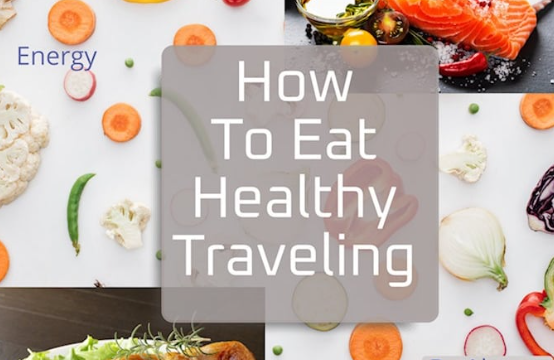When it comes to protecting your heart, an anti-inflammatory diet is one of the most powerful tools you can adopt. Chronic inflammation is a major contributor to the development of heart disease, and the foods you eat play a direct role in either fueling or fighting that inflammation.
Here’s how an anti-inflammatory diet can help support a strong, healthy heart.
- Reduces Arterial Inflammation Inflammation can cause damage to the inner walls of your arteries, leading to plaque buildup and an increased risk of heart attacks and strokes. Anti-inflammatory foods like leafy greens, berries, and fatty fish help calm inflammation, protecting your blood vessels.
- Improves Cholesterol Levels An anti-inflammatory diet encourages the intake of healthy fats—like those found in avocados, nuts, and olive oil—which can boost “good” HDL cholesterol and lower “bad” LDL cholesterol, promoting better heart health overall.
- Supports Healthy Blood Pressure Certain foods rich in potassium (like bananas, sweet potatoes, and spinach) help balance sodium levels in the body and promote healthier blood pressure—a key factor in preventing heart disease.
- Balances Blood Sugar A diet rich in whole grains, fiber, and low-glycemic foods stabilizes blood sugar levels. High blood sugar levels can trigger inflammation and increase the risk of developing type 2 diabetes, a significant heart disease risk factor.
- Helps Maintain a Healthy Weight Excess body weight, particularly around the abdomen, contributes to systemic inflammation. An anti-inflammatory diet rich in whole foods, healthy fats, and lean proteins can support weight management and reduce stress on the heart.
Top Heart-Friendly, Anti-Inflammatory Foods:
- Fatty fish (salmon, sardines, mackerel)
- Leafy greens (spinach, kale, arugula)
- Berries (blueberries, strawberries, raspberries)
- Nuts and seeds (walnuts, chia seeds, flaxseeds)
- Whole grains (oats, quinoa, brown rice)
- Olive oil and avocado
- Beans and legumes
- Turmeric, ginger, and cinnamon
Foods to Limit or Avoid:
- Processed and fried foods
- Refined carbohydrates (white bread, pastries)
- Sugary beverages
- Excessive red or processed meats
- Trans fats and highly processed oils
Tips for Transitioning to an Anti-Inflammatory Diet:
- Fill half your plate with colorful vegetables at each meal
- Choose whole grains over refined grains
- Snack on nuts, seeds, or fresh fruit
- Cook with olive oil instead of butter
- Season meals with anti-inflammatory spices like turmeric and ginger
Final Thoughts Small, consistent dietary changes can have a powerful impact on your heart health. By embracing an anti-inflammatory diet full of vibrant, whole foods, you not only lower inflammation but also build a strong foundation for a healthier, longer life. Your heart will thank you with every nourishing bite you take!






